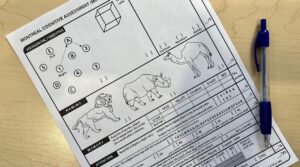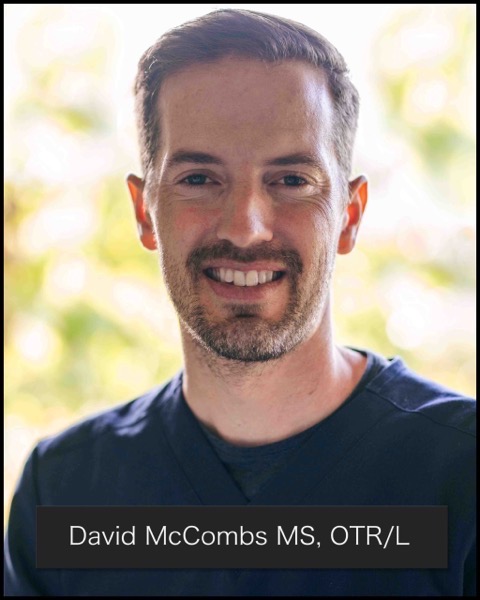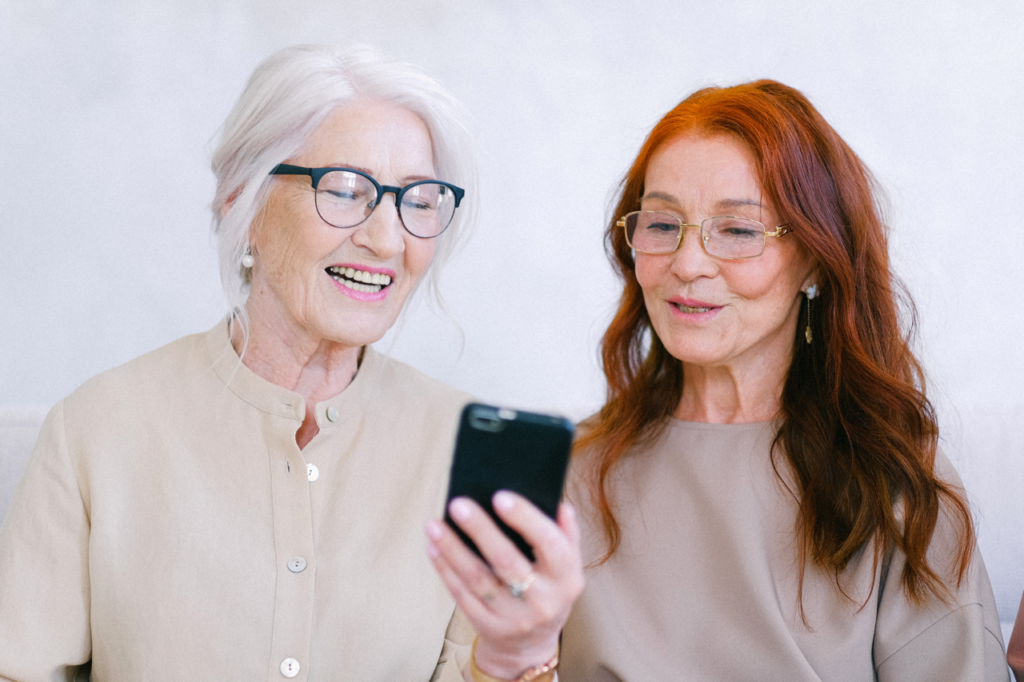While it’s true that many individuals experience cognitive decline, I’ve found that a significant amount of them do not have symptoms.
The Montreal Cognitive Assessment (MoCA) is a widely used tool for screening cognitive impairment, and its integration with virtual testing has emerged as a promising avenue in screening early dementia and other cognitive impairments.
How do you get tested? That’s the hard part.
Most physicians don’t screen for dementia, and it’s hard to find healthcare practitioners who are certified.
But now you can easily be tested by booking a virtual appointment from the convince of your home.
What is the MoCA

The MoCA is a brief cognitive screening tool designed to detect mild cognitive impairment and early dementia. It consists of various tasks that assess different cognitive domains, including attention, memory, language, visuospatial skills, and executive function. The traditional administration of the MoCA involves a healthcare professional interacting face-to-face with the patient, guiding them through the tasks and scoring their responses.
Virtual Testing
Virtual testing involves administering cognitive assessments by remotely using a computer, tablet, or smartphone. This eliminates geographical barriers, especially for patients who may have difficulty traveling to healthcare facilities.
The benefits of virtual testing include:
- Convenience
- Standardization
- Reduced Stress
- Early Detection
- Affordable
Some individuals may feel uncomfortable by visiting a clinic for cognitive testing. Virtual testing helps to overcome this barrier in a less stressful environment.
Virtual testing is also convenient. Patients can take a virtual test from the comfort of their home and be screened early before they start noticing more noticeable symptoms.
Based on the screening, a therapist can help them understand what they need to next or what referral is appropriate.
Where can you get a virtual MoCA test
The easiest way to start a virtual MoCA test is to book an appointment online with a certified practitioner.
This can be done by doing a simple phone call or via FaceTime, or Zoom on a laptop or tablet.
Most cognitive assessments can be done in under 10 minutes.
Online MOCA test for cognition available for patients at home
Who should be tested
Anyone can take the test, but it’s mostly used for anyone who has noticed signs or symptoms of dementia. This may include anyone aged 40 years and older. It may also include anyone who has experienced a traumatic brain injury, concussion, or other cognitive change.
What you’ll need
The assessment is best completed when done over a videoconferencing call with the patient and caregiver to assist.
Materials required
- A printed copy of the test
- Pen or Pencil
Time Required
Usually less than 15 minutes
Summary
Virtual testing using the MoCA is convenient and a simple way to screen for dementia for the convenience of your home. It’s quick and reliable, and may be helpful in taking the next step to get the help you need.
Book your appointment to get started with your MOCA assessment today!

David is the lead editor of OT Focus. He has been practicing as an Occupational Therapist since 2013. He specializes in acute care, hand therapy, and ergonomics.




